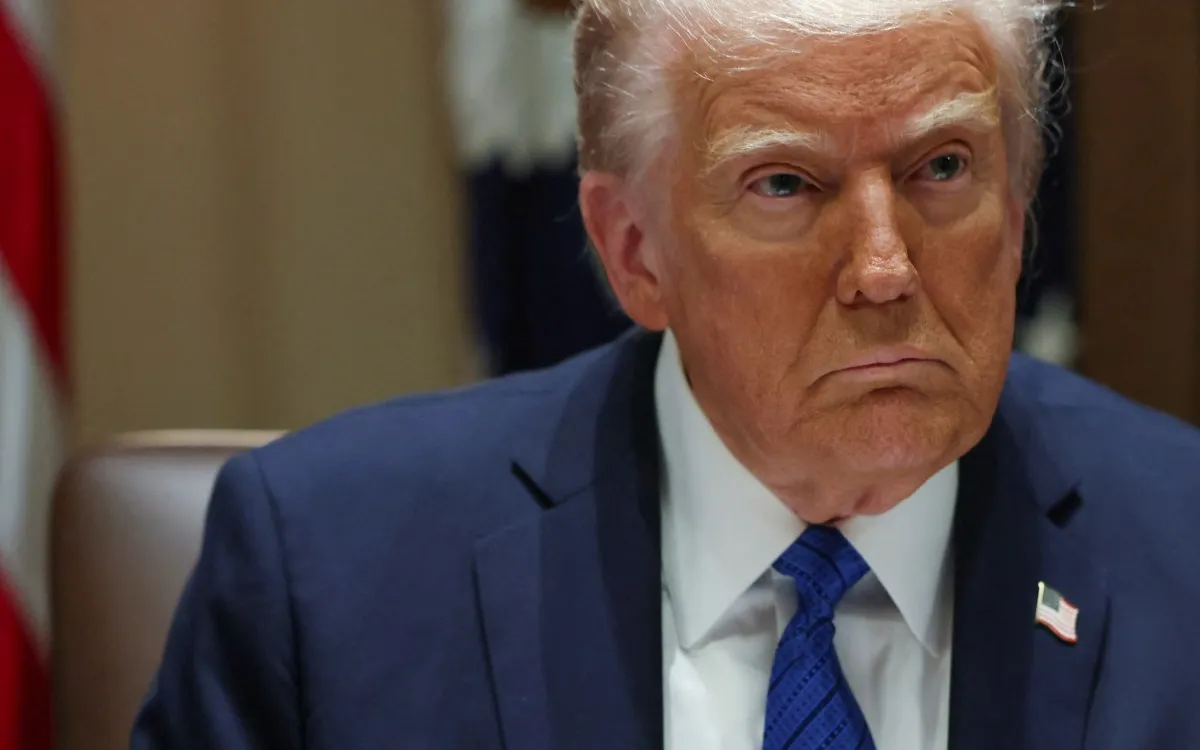
In a significant move, United States President Donald Trump has signed a new executive order aimed at tightening election rules as the nation gears up for the 2026 midterms. The order, titled “Preserving and Protecting the Integrity of American Elections,” focuses on addressing concerns surrounding large-scale election fraud—claims that Trump has frequently made without substantial evidence. Below, we delve into the key aspects of this executive order.
Proof of Citizenship Requirement: One of the most controversial elements of the new executive order is the requirement that voters provide official proof of their US citizenship to participate in federal elections. This includes documents such as a US passport or a birth certificate. While the order aims to prevent non-citizens from voting—a practice that is already illegal and punishable by prison time and deportation—it raises concerns among voting rights groups. Richard Hasen, an election law expert at UCLA, highlighted the risk that many eligible voters, particularly those lacking easy access to necessary documentation, could be disenfranchised. He noted, “This would prevent only a tiny amount of noncitizen voter registration but stop millions of eligible voters from registering.”
Additionally, issues surrounding name changes, particularly for married women whose birth certificates reflect their maiden names, could complicate the registration process. According to advocacy group Public Citizen, approximately 146 million Americans do not possess a passport, further complicating compliance with this requirement.
The executive order also mandates that all mail ballots must be received by Election Day to be counted. This move aims to standardize the voting process across states, which currently have varying regulations regarding mail-in voting. While none allow votes to be counted if cast after Election Day, 18 states, including key battlegrounds, accept mail-in ballots arriving after the deadline as long as they are postmarked on or before Election Day. For instance, California, the nation’s most populous state, allows ballots to be counted up to seven days post-election if they were properly postmarked.
Under the new rules, states that fail to adhere to these requirements may face severe financial repercussions, risking loss of federal election funding. The executive order states, “The Attorney General shall take appropriate action against states that count ballots received after Election Day in Federal elections. Federal election funding will be conditioned on compliance.” This provision creates significant financial pressure on states, particularly those with more flexible voting procedures.
In March 2024, the US Congress allocated $55 million to states under the Help America Vote Act (HAVA) to improve the administration and security of federal elections. This funding is distributed based on a formula that considers factors like the size of the voting-age population.
Trump’s order also directs the Secretary of Homeland Security, Kristi Noem, to ensure that states have access to systems capable of verifying the citizenship or immigration status of individuals registering to vote. The order instructs the Department of Homeland Security, along with an official from the Department of Government Efficiency led by Elon Musk, to review state voter registration lists and, if necessary, utilize subpoenas to enforce compliance with federal standards. Richard Hasen commented, “DOGE certainly has no power to kick people off rolls. But they could make a lot of noise trying to claim they’ve found fraud.”
This executive order is expected to face legal challenges, as the Constitution grants states authority over elections. Arizona Secretary of State Adrian Fontes expressed concerns over the order, suggesting it aims to “federalise elections.” He remarked that the order could create an illusion of electoral misconduct, potentially laying the groundwork for justifying the cancellation of elections. “It’s very methodical, and very, very dangerous,” Fontes stated, emphasizing the need to scrutinize the potential implications of the order.
Despite the controversy, conservative groups such as the Heritage Foundation have praised the executive order. Hans von Spakovsky, who leads the Heritage Foundation’s Election Law Reform Initiative, commended Trump for leveraging federal agencies to assist states in reforming election processes, contrasting it with the previous administration’s approach. He stated, “President Trump is finally taking the action long needed to put the resources of federal agencies to work helping states.”
As the nation moves closer to the 2026 midterms, the implications of this executive order will undoubtedly be a focal point of discussion and debate, shaping the future landscape of American elections.